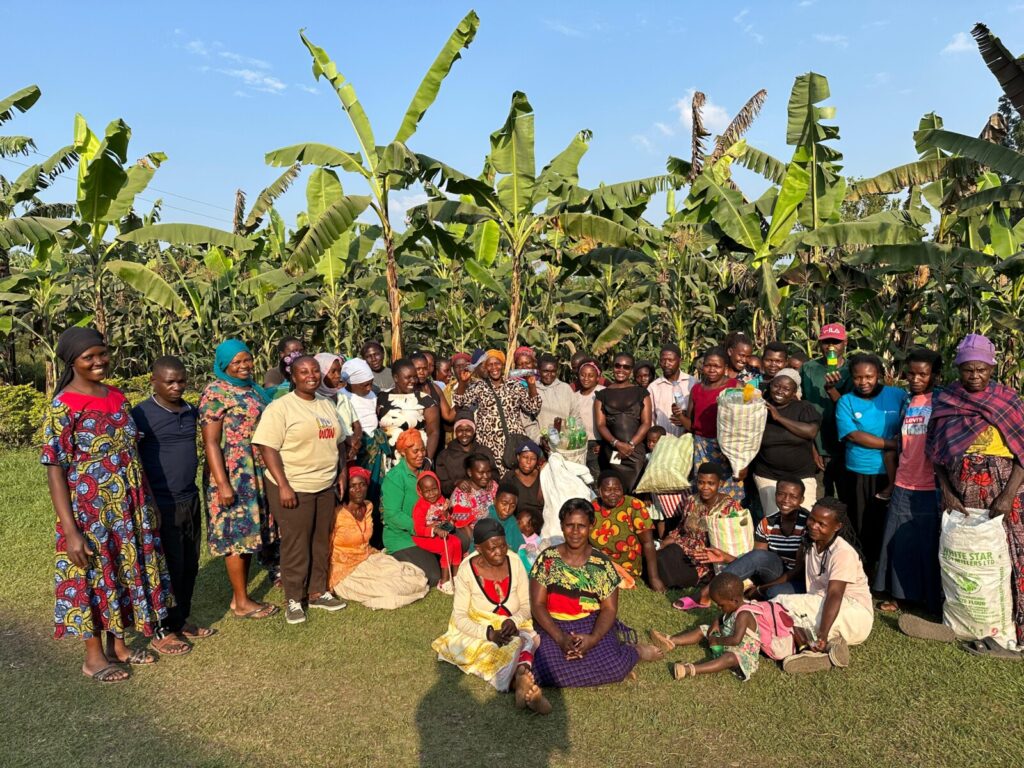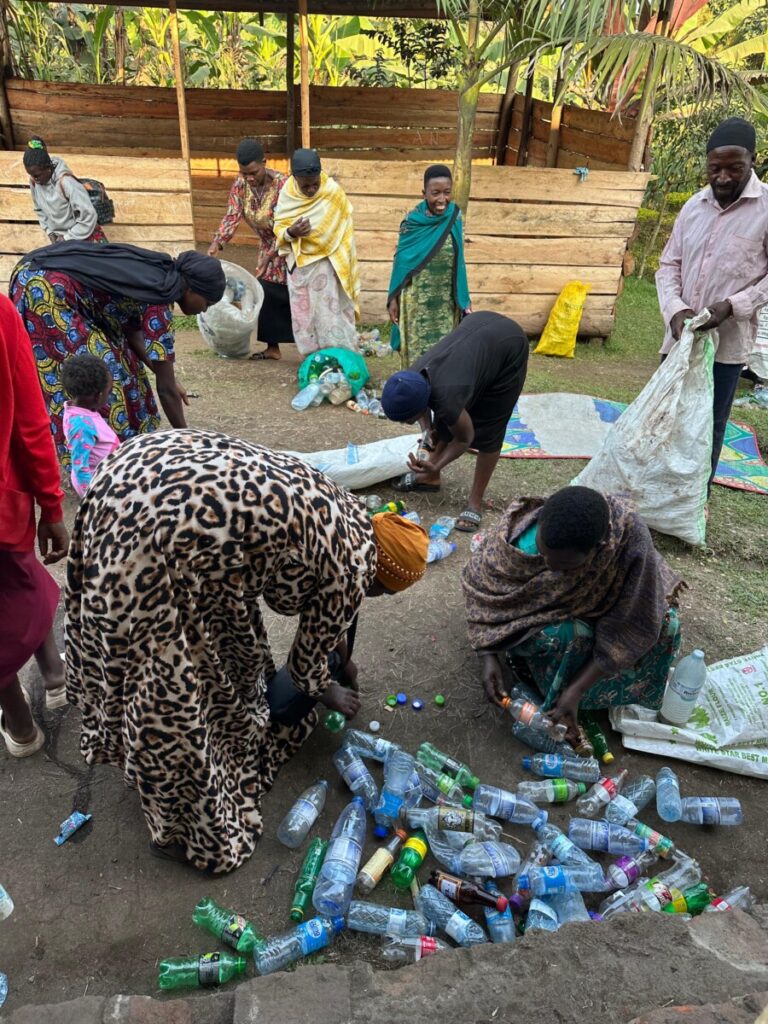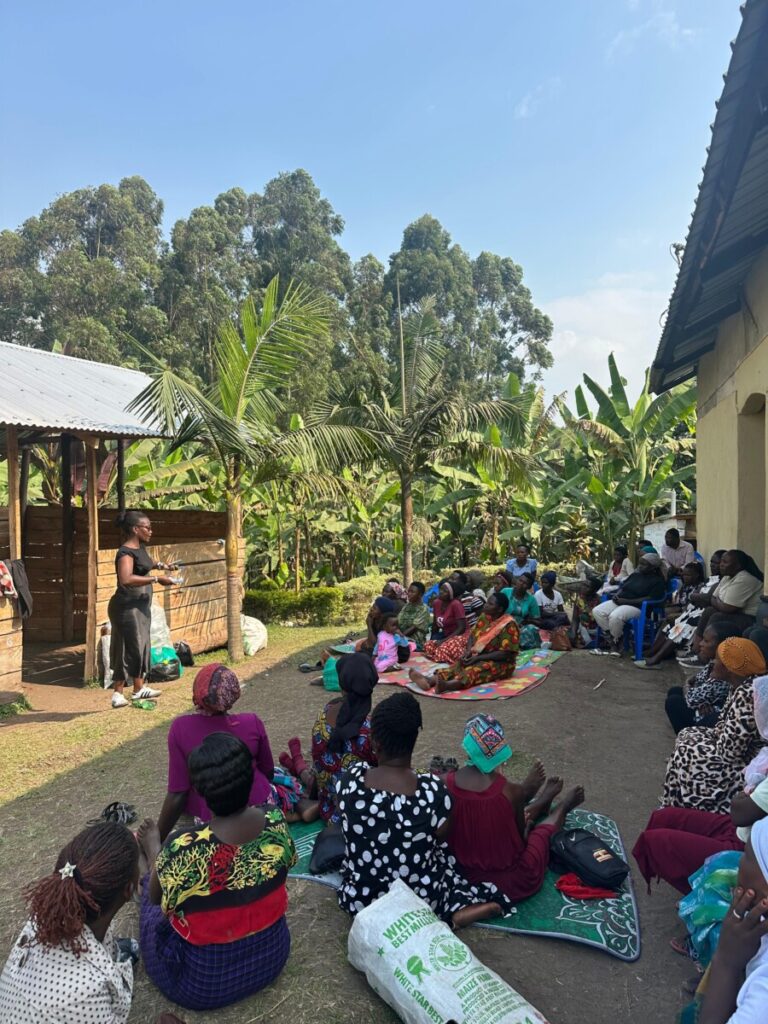Today, plastic has become one of the greatest environmental challenges of our time. Each year, the world produces more than 400 million tons of plastic, of which approximately half is destined for single-use products: bottles, bags, packaging that we use for minutes but that remain on the planet for centuries.
It is estimated that 8 million tons of plastics end up in the oceans every year, affecting more than 800 marine species that ingest or become entangled in this waste. But the impact is not limited to the sea: microplastics are already present in the air we breathe, the water we drink, and even in the food we consume. Science has shown that these tiny particles can reach our bodies, accumulate in vital organs, and pose health risks.
In the face of this crisis, it is urgent to act with local solutions that, when combined, have a global impact. At Cooperating NGO and Cooperating Volunteers we have decided to take a step forward with a project that unites environmental sustainability with community development: the plastic bottle recycling program.

Recycle to transform: a project with double impact
The goal is clear: to give a second life to used bottles, reduce their negative impact and, at the same time, generate growth opportunities for local communities.
Our program has a double positive impact:
- Environmental awareness – By separating, collecting and recycling plastics, we prevent them from polluting rivers, beaches, and seas. In addition, we promote sustainable habits and create cleaner and healthier communities.
- Economic benefit – The plastics collected are sold to companies specialized in recycling, which allows generating extra income that is used to strengthen community projects. In this way, a material that was once waste becomes a tool for progress.
An inspiring visit
Last Wednesday we had the opportunity to welcome Bridget, a representative of Green Hero, a leading company in plastic collection and recycling, to our Itwena community center.
During her visit, she shared with the mothers of the community how to identify the different types of plastics, how to separate them correctly, and what process a bottle follows from the moment it is deposited in a collection point until it is transformed into a new product.
Beyond technical knowledge, this meeting was a moment of inspiration: families discovered that recycling is not only a gesture for the environment, but also a form of community empowerment, a way to generate income, and a way to pass on to future generations a culture of respect for nature.
Itwena: a center that sets an example
At the Itwena community center we have set up a plastic bottle collection point, accessible to all neighbors. There, anyone can deposit their used plastics knowing they will have a responsible destination.
But the project goes much further:
- Volunteers and participants of Cooperating Volunteers collect bottles in their homes and bring them to the center.
- Local bars and restaurants have joined in, separating their plastics so they can be recycled along with the rest.
- A collaborative network is being created between families, volunteers and businesses that shows how sustainability is more effective when carried out in community.

Beyond the center: beach and natural space cleanups
One of the most serious problems with plastic is its presence in the sea. It is estimated that, if no measures are taken, by 2050 there will be more plastics than fish in the oceans by weight.
That is why our initiative also includes cleanup days on beaches and coastal ecosystems in different destinations where we work. In these activities, volunteers, travelers and community members come together to remove waste that directly affects marine biodiversity and local tourism.
Each bottle picked up from the sand represents an immediate victory for the ecosystem, but also a symbolic act of respect for the planet. In addition, these actions make the problem visible and motivate more people to reduce the use of plastics in their daily lives.
Environmental education: planting the seed of change
One of the fundamental pillars of this project is environmental education. We know that true change begins in people’s awareness, especially in that of the new generations.
In the workshops organized in Itwena, children and young people learn:
- To classify the different types of plastics.
- To understand why it is important to reduce, reuse and recycle.
- How poorly managed waste can affect the health and well-being of the community.
When a child understands that a bottle is not simply “trash” but a resource that can be transformed, they are adopting a more responsible vision towards the planet. That education is what ensures a more sustainable future.
Recycling as a driver of development
The great lesson of this project is that sustainability and economic development can go hand in hand.
The sale of plastics to companies like Green Hero generates resources that make it possible to finance other community initiatives: educational programs, training workshops for women and youth, improvements in local infrastructure or cultural activities.
What was once a worthless waste is now an opportunity to grow and improve the community’s quality of life.

The future we want to build
Recycling is not the definitive solution to the problem of plastic—the key also lies in reducing its consumption—but it is a powerful tool for transitioning towards a more sustainable model.
At Cooperating NGO we are convinced that, by adding up small local actions, we can generate a great global impact. Each recycled bottle is a step towards a cleaner planet. Each cleanup day is a message of hope. Each educational workshop is a seed for the future.
Recycling is much more than a gesture: it is a commitment to life.
From Cooperating NGO and Cooperating Volunteers we will continue working so that each bottle has a new opportunity, each beach can breathe free of plastics, and each community finds in sustainability a path of progress and dignity.




